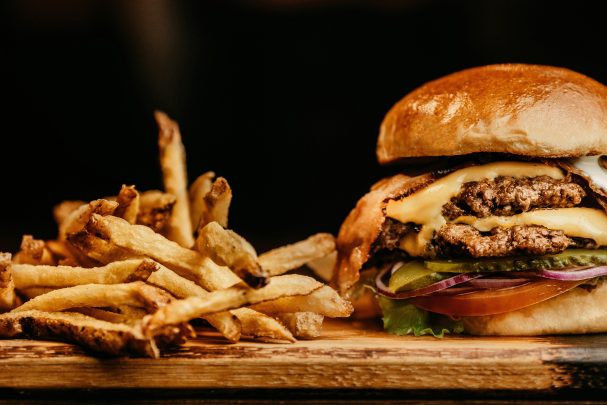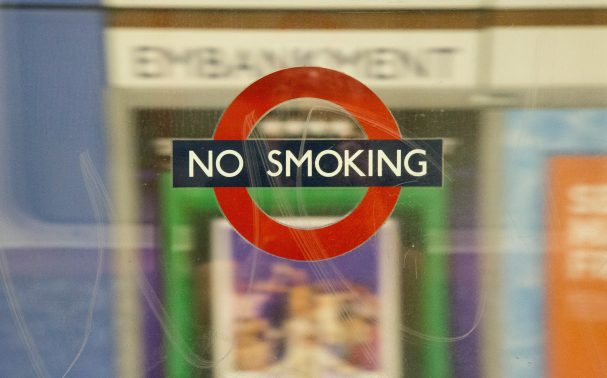Collagen is the cornerstone of youthful, firm skin, strong hair, and healthy joints. It’s what gives our skin its elasticity and structure, keeping it smooth and supple.
However, several everyday habits can sabotage your body’s ability to produce collagen naturally, leading to premature ageing and various health issues.
Here are the four common culprits that hinder collagen production:
1. Unhealthy Diet:
Your diet plays a significant role in determining the health of your skin and the production of collagen. Consuming a diet high in processed foods, refined sugars, and unhealthy fats can wreak havoc on your skin’s collagen levels. These dietary choices promote inflammation in the body, which can accelerate collagen breakdown and impair collagen synthesis.

Image credit: Unsplash
2. Lacking essential nutrients:
Moreover, inadequate intake of essential nutrients vital for collagen production, such as vitamin C, zinc, and copper, can further compromise your skin’s integrity. Vitamin C, in particular, is crucial for collagen synthesis as it helps stabilize collagen molecules and promotes their cross-linking, which is essential for skin elasticity and strength.
To support your body’s natural collagen production, focus on incorporating collagen-boosting foods into your diet. Opt for nutrient-rich fruits and vegetables like oranges, strawberries, bell peppers, and leafy greens. Additionally, include protein sources such as lean meats, fish, eggs, and legumes to provide your body with the amino acids necessary for collagen synthesis.

Image credit: Unsplash
3. Overexposure to UV Radiation:
Excessive sun exposure is another significant factor that inhibits your body’s ability to produce collagen naturally. Ultraviolet (UV) radiation from the sun penetrates the skin and triggers the production of harmful free radicals, which can damage collagen fibres and impair collagen synthesis.
Prolonged exposure to UV radiation accelerates the breakdown of collagen, leading to the formation of wrinkles, fine lines, and sagging skin. Additionally, UV-induced collagen damage can contribute to the development of age spots, uneven skin tone, and other signs of premature ageing.
To protect your skin and support collagen production, adopt sun-safe practices such as wearing sunscreen daily, seeking shade during peak sun hours, and wearing protective clothing like hats and sunglasses. Incorporating antioxidant-rich skincare products containing vitamins C and E can also help neutralize free radicals and minimize UV-induced collagen damage.
4. Smoking:
Smoking is a well-known enemy of collagen production and skin health. The harmful chemicals present in tobacco smoke not only promote oxidative stress and inflammation but also disrupt collagen synthesis and degrade existing collagen fibres.
Nicotine constricts blood vessels, reducing blood flow to the skin and depriving it of essential nutrients and oxygen necessary for collagen production and repair. Additionally, smoking increases the production of enzymes that break down collagen, leading to premature skin ageing, wrinkles, and loss of elasticity.
Quitting smoking is essential to protect your skin’s collagen and overall health. By eliminating smoking from your lifestyle, you can mitigate collagen damage, improve blood circulation to the skin, and promote collagen synthesis. Additionally, adopting a comprehensive skincare routine and healthy lifestyle habits can further support your body’s natural collagen production and help maintain youthful, radiant skin.

Image credit: Unsplash
Maintaining healthy collagen levels is essential for preserving youthful skin, strong hair, and flexible joints. By identifying and addressing habits that sabotage collagen production, such as poor diet, overexposure to UV radiation, and smoking, you can support your body’s natural collagen-building processes and promote optimal skin health. Embrace a balanced diet rich in collagen-boosting nutrients, protect your skin from sun damage, and prioritize a smoke-free lifestyle to safeguard your skin’s youthfulness and vitality for years to come.
ALSO SEE:
Feature image: Unsplash

